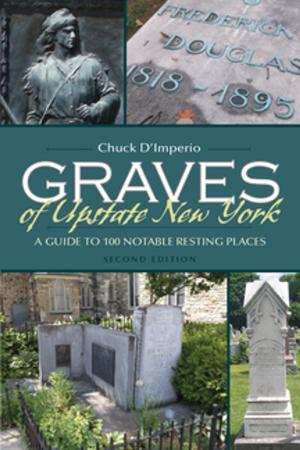Postcolonial Overtures
The Politics of Sound in Contemporary Northern Irish Poetry
Fiction & Literature, Literary Theory & Criticism, British, Poetry, British & Irish| Author: | Julia C. Obert | ISBN: | 9780815653493 |
| Publisher: | Syracuse University Press | Publication: | October 29, 2015 |
| Imprint: | Syracuse University Press | Language: | English |
| Author: | Julia C. Obert |
| ISBN: | 9780815653493 |
| Publisher: | Syracuse University Press |
| Publication: | October 29, 2015 |
| Imprint: | Syracuse University Press |
| Language: | English |
Postcolonial Overtures explores the importance of sound in contemporary Northern Irish writing, focusing on the work of three canonical poets: Ciaran Carson, Derek Mahon, and Paul Muldoon. Obert argues that these poets respond to what Edward Said calls "geographical violence"—to the stratification of the North’s visual spaces; to the sectarian symbols splashed across Belfast and beyond—by turning from the eye to the ear, tentatively remapping place in acoustic space. Carson, for instance, casts Troubles-era Belfast as a "demolition city," its landmarks "swallowed in the maw of time and trouble," and tries to compensate for this inhospitality by reimagining landscape as soundscape, an immersive auditory field. This strategy suggests sound’s political and affective potential: music, accent, and even comfortingly familiar white noise can help subjects, otherwise unmoored, feel at home. Drawing on a diverse range of fields, Obert devotes two chapters to the examination of each poet’s work, allowing room for both in-depth formalist readings and contextual and theoretical understandings of the poems and their reverberating effects.
Postcolonial Overtures explores the importance of sound in contemporary Northern Irish writing, focusing on the work of three canonical poets: Ciaran Carson, Derek Mahon, and Paul Muldoon. Obert argues that these poets respond to what Edward Said calls "geographical violence"—to the stratification of the North’s visual spaces; to the sectarian symbols splashed across Belfast and beyond—by turning from the eye to the ear, tentatively remapping place in acoustic space. Carson, for instance, casts Troubles-era Belfast as a "demolition city," its landmarks "swallowed in the maw of time and trouble," and tries to compensate for this inhospitality by reimagining landscape as soundscape, an immersive auditory field. This strategy suggests sound’s political and affective potential: music, accent, and even comfortingly familiar white noise can help subjects, otherwise unmoored, feel at home. Drawing on a diverse range of fields, Obert devotes two chapters to the examination of each poet’s work, allowing room for both in-depth formalist readings and contextual and theoretical understandings of the poems and their reverberating effects.















